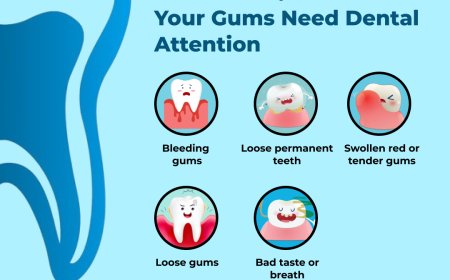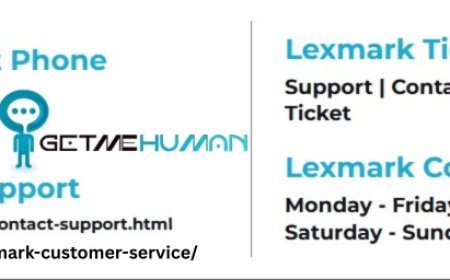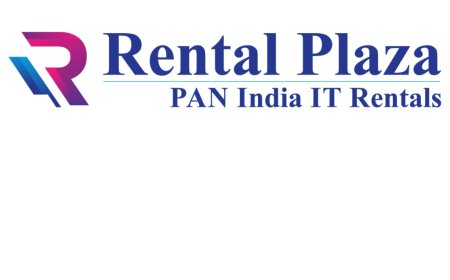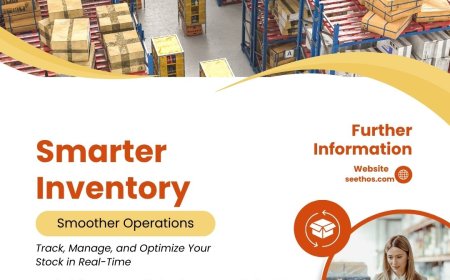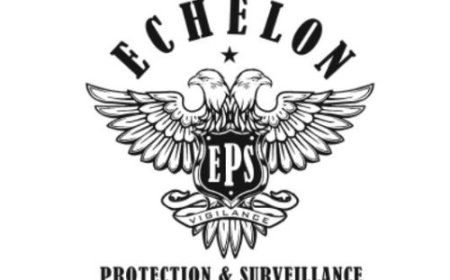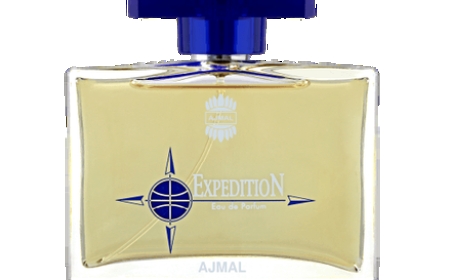Stay UIIA Compliant: Insurance Requirements for Carriers Using TMS
Stay UIIA Compliant: Insurance Requirements for Carriers Using TMS. Get expert medical billing services and revenue cycle management solutions in the USA.

For intermodal carriers, access to ports and terminals hinges on one essential factor: UIIA compliance. The Uniform Intermodal Interchange and Facilities Access Agreement (UIIA), administered by the Intermodal Association of North America (IANA), sets the framework for how motor carriers interact with equipment providers.
A key part of staying compliant is maintaining proper insurance coverageand when paired with a Transportation Management System (TMS), managing that compliance becomes easier, faster, and more accurate.
This article explains the UIIA insurance requirements and how modern TMS platforms can help trucking companies stay fully compliant while saving time and avoiding costly delays.
What Is UIIA Compliance?
To move intermodal freight in the U.S., carriers must be registered and approved under the UIIA. This agreement ensures that carriers meet uiia endorsement specific legal, safety, and insurance requirements before theyre allowed to interchange containers, trailers, or chassis from railroads, ocean carriers, and equipment providers.
Without UIIA compliance, your trucks can be turned away at ports and terminalscreating service interruptions and lost revenue.
Core UIIA Insurance Requirements for Carriers
To qualify under the UIIA, carriers must submit proof of the following insurance coverages through their insurance provider. These must be kept up-to-date at all times:
1. Auto Liability Insurance
-
Minimum: $1,000,000
-
Covers third-party bodily injury and property damage from the use of commercial vehicles.
2. General Liability Insurance
-
Minimum: $1,000,000 per occurrence
-
Covers bodily injury and property damage occurring during operations, separate from vehicle use.
3. Trailer Interchange Insurance (Physical Damage Coverage)
-
Covers physical damage to non-owned intermodal equipment (e.g., containers or chassis) while in the carriers possession.
-
Coverage limits vary but often range from $20,000 to $50,000 per trailer depending on provider requirements.
4. Cargo Insurance (Optional for UIIA, Often Required by Shippers)
-
Protects the value of freight being transported in case of damage or loss.
Why Carriers Struggle with UIIA Insurance Compliance
Even when carriers have the right insurance in place, compliance lapses are still common. These include:
-
Expired insurance policies
-
Incorrect coverage limits
-
COIs (Certificates of Insurance) not submitted to IANA on time
-
Missing endorsements or improper naming of equipment providers
-
Poor tracking of expiration dates and renewals
These small oversights can result in UIIA deactivation, meaning the carrier is temporarily unable to haul intermodal loads.
How a TMS Helps Carriers Stay UIIA Compliant
Modern Transportation Management Systems (TMS) are more than just dispatch and load toolstheyre a central hub for compliance and operations. When integrated with UIIA compliance tracking, a TMS can:
1. Monitor Insurance Documents and Expiry Dates
A good TMS will alert dispatchers or compliance managers well in advance of insurance expiration dates, giving them time to renew and avoid service interruptions.
2. Sync with Insurance Providers
Some advanced TMS platforms can connect with insurance partners or document portals, helping to automatically update COIs with IANA or provide upload links directly to agents.
3. Track Equipment Provider Requirements
Your TMS can store and manage different requirements for each equipment provider. Whether one requires higher coverage or unique endorsements, the system ensures each contract remains valid.
4. Provide Real-Time Status Visibility
Compliance dashboards show whether drivers, trucks, and insurance are cleared for dispatch to specific terminalsreducing the risk of being denied access.
5. Generate Audit Reports
In the event of an audit or a claim, your TMS can generate reports detailing insurance coverage, history, and submission dateskeeping you legally protected and organized.
Conclusion
UIIA compliance is not just about filing paperworkits about ensuring your trucking operations run smoothly, efficiently, and without delays. Proper insurance coverage is at the heart of that compliance, and with the support of a smart TMS platform, you can manage requirements proactively instead of reactively.
Dont let a missed renewal or incorrect COI slow your trucks down.
Use your TMS to stay compliant, stay covered, and stay ahead.







